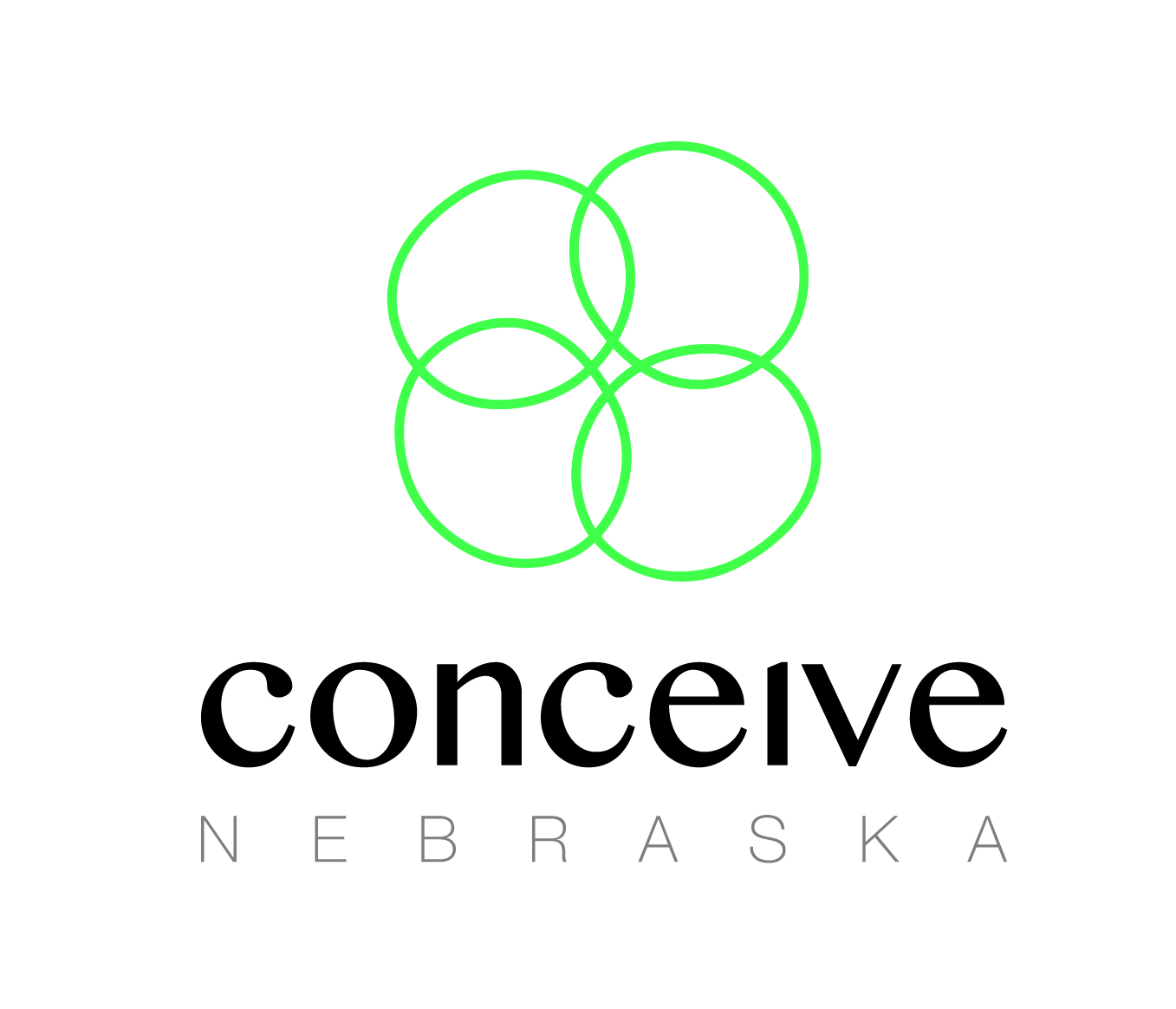Story of an Egg Donor-Part Two

“You’re not really donating though, because you’re getting paid, right?”
This is a really tough question because the lawyer in me jumps out and immediately says “No one is getting paid for their eggs, it’s illegal to sell human tissue, organs, or cells in the United States. The compensation that I and other donors receive is for our time, effort, risk, and effects on our bodies, not for the number of eggs.” (This is why egg donors cannot be compensated differently depending on how many eggs they produce.) So if you’ll permit me, a bit about compensating egg donors:
In the US, donors are compensated for their time, effort, risk, and discomfort. They receive this compensation in addition to their expenses (travel, parking, etc.) being covered. It is the IPs responsibility to pay the compensation and expenses in addition to any agency fee, medical bills, medications, attorney fees, the premium for an insurance policy, and genetic and psychological screening.
In 2011 the American Society for Reproductive Medicine (ASRM) issued a guideline for egg donor compensation which stated that “total payments to donors in excess of $5,000 require justification and sums above $10,000 are not appropriate.” As justification for the guideline, the ASRM noted that it is generally considered unacceptable to sell human body parts, including eggs, and that donors are being compensated instead for their time, effort, and risk. They also noted that high levels of compensation could unduly induce women in need of money to subject themselves to the risk of egg donation without consideration for the associated dangers. The ASRM also asserted that offers of excessive money may cause women to conceal medical information that would disqualify them from donating.
Lastly, a reason for limiting donors compensation is to facilitate access to egg donation for infertile couples. In the United States, fertility treatment is largely uncovered by health insurance. They argued that without the ASRM limit on donor compensation, the increased cost of a donor would be passed on to infertile couples.
The guideline was set based on the compensation for a sperm donation multiplied by the amount of time that women spent donating eggs compared to the time a man spent donating sperm.
In 2016 the Supreme Court heard a case from egg donors who argued that with this guideline, the ASRM was engaging in illegal price fixing. The Supreme Court ruled for the donors and the guideline was determined to be illegal. Since then egg donor compensation in the Us has turned into a free market.
While almost all egg donors are motivated by their desire to help a family, most also wouldn’t go through such a complicated process without some compensation. Obviously there are exceptions because there are countries where compensating egg donors is illegal. For example, in the UK, egg donors are limited to receiving up to £750 for lost wages, travel, and any other expenses that they incur. However, egg donors in the UK are far more limited and the wait for a donor is often quite long compared to the US. As an IP in the UK you don’t have the same choices that you do in the US as far as selecting a donor and looking for someone who looks like you or has a degree or good test scores.
The best way I’ve found to look at it is a supply and demand problem. The supply of available egg donors in the US is pretty high. This is largely because it is legal to compensate donors in the United States. As a result, Intended Parents generally have their pick of any donor they’d like. Egg donors who are not chosen can choose to lower their compensation requests or work with different agencies or clinics. As a donor I have seen compensation requests range from $5,000 to $30,000+. If it is a free market, the market decides how much each donation is worth because IPs won’t pay more than they value the donation, they will choose to work with a donor who has requested lower compensation.
Egg donors who request high compensations are sometimes chastised by Intended Parents, Agencies, Doctors, and even other Egg Donors. However, when compared to the total cost of infertility treatment, the compensation that an egg donor requests is often a small drop in the bucket. Additionally, as I said before, if the Intended Parents have a budget for their egg donor, they can always choose a donor who is requesting a lower compensation.
Factors that can affect an egg donor’s compensation request include: whether she’s had a successful donation or pregnancy previously – because that demonstrates proven fertility and reduces the risk to the Intended Parents; what her job or career is – an undergraduate student may be able to donate in the summer and suffer no lost wages but when I donate I know that I have to take at least one week off of work and will likely miss out on that quarter’s bonus; her ethnicity – asian and Jewish donors are in high demand; her education and test scores – because Intended Parents always want smart donors; and her general appearance – most Intended Parents are looking for a donor who looks like the mother but many request things like light colored eyes and hair, height, and specific body types. Donors with these qualities aren’t necessarily taking on more risk or suffering through more discomfort than those without, but again in a free market, the Intended Parents get to pick those qualities so the donors should be compensated if they are in higher demand due to those qualities.
When I first applied to be an egg donor I spoke with an agency who asked about my compensation request. After some discussion, which was mostly centered around my education, test scores, and appearance, the coordinator said that he thought we should go with $12,000. I was studying for the bar at the time and he told me that if I didn’t match in a couple months that we could lower the request a bit and try again. He said that if any Intended Parents made an offer under the request, they would bring it to me anyways.
I was matched within a week of being on their website in their pile of profiles. I was matched with an amazing couple and we started the process. And I was thrilled. I knew that $12,000 was more than fair compensation for a first-time donor.
I was contacted about a month after my donation about whether I wanted to do it again and how much I wanted to increase my compensation. I thought about it hard. I didn’t have an interest in donating again immediately so decided that I would go “active” for $20,000 because at that number, I would be thrilled to do it again but I figured I wouldn’t be matched and I would lower it to $15,000 in a couple of months when I really wanted to start another donation. I was listed with three agencies so I “reactivated” with all of them and wouldn’t you know – I got matched at my $20,000 request within two weeks by TWO agencies! I was floored.
I don’t make my request to extort couples who are going through infertility. I do it because I know how much time and effort and discomfort that I go through to compete a cycle. I know that there are unknown risks associated with taking the hormones and known risks associated with a surgical procedure. I also know that there are donors out there who request far less, and if IPs didn’t want to pay my request, they have the option of choosing one of those other donors. Going back to part two – the market has decided that that is what my donation is worth. And apparently there are IPs out there that value my donation pretty highly so for the incredible amount of time, discomfort, and risk that I am putting myself through, I am happy to be compensated fairly.
I can only speak for myself, but I wouldn’t go through with donating were I not receiving compensation. I love helping people and to get to help families grow and parents to have children is probably the best thing that I’ve ever done. But to put my future fertility and current health at risk in addition to all of the time that it takes to complete a donation – the compensation is what allows me to feel so good about what I’m doing. If my current cycle is successful and I recover completely, I plan to donate again but haven’t yet decided what to request for compensation.
Anonymous vs. Known Egg Donation
This topic has quickly become one of my passions. I love talking to donor conceived people and have tried hard to make sure that my status as an egg donor has no ill-effect on any people who might be conceived from my donations.
So what’s the difference?Anonymous means that you sign the contract with your assigned numbers and the IPs never get more than whatever was in the profile that the agency provided. In today’s age of DNA testing clinics and agencies warn donors that a completely anonymous donation is nearly impossible, but still they facilitate it. Another option is to have an ID released when the donor conceived child turns 18. And the “known” or “open” donation means that the IPs can meet or exchange contact information and get to speak with the donor prior to, during, and after the donation. It also means that if a child is born from the donation, that child gets to grow up with contact with their donor.
When I first signed up to be an egg donor one of the questions that I was asked is whether I wanted to be anonymous or known. Initially I said “it doesn’t matter to me, whatever the parents want. This is about their family, I’m just helping.” My first donation the IPs were originally unsure of what they wanted but throughout the process we exchanged anonymous letters. Based on the information we shared on those letters it wouldn’t be hard to find each other if we tried. I was told that they went through therapy for fertility and discussed open vs. anonymous donations and while I told my agency that I would love to do an open donation, I would respect the parents wishes. Fortunately, they ended up wanting an open donation and we met while I was in Texas for my retrieval. We now text occasionally and share major life updates. When their children are old enough, I hope to be able to have a relationship with them similar to a distant family friend.
I’ve recently started speaking with donor conceived people and a common thread is that they all wish their donors had been known. They want the option to contact them if or when they have questions, to learn about their donors family and heritage and medical history. Ultimately a lot of research has determined that having an open relationship and giving children the option to learn more is much healthier than the alternative.
So when I was asked if I wanted to do a second donation I thought a little bit harder about the question of anonymous vs known. And ended up telling my agency that I was only willing to be a known donor. The parents for my second cycle live in London and in the UK, unless you bring your own donor, they only allow for anonymous donations. The parents have apparently done the same research that I have and decided to come to the United States so that their donor can have an open relationship with their future children. I am so unbelievably excited for them.
Conceive Nebraska
